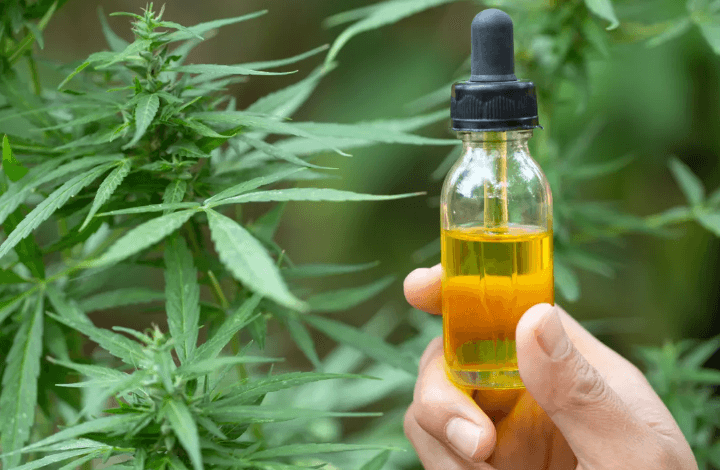Is Cbd Bad for Cirrhosis of the Liver

The intersection of CBD use and cirrhosis of the liver raises critical questions about safety and efficacy. While some preliminary studies indicate potential therapeutic benefits of CBD, there are notable risks associated with its impact on liver metabolism and enzyme levels. These concerns necessitate a cautious approach for individuals with cirrhosis, highlighting the importance of professional medical guidance. As research continues to evolve, understanding the nuanced implications of CBD for this vulnerable population remains essential. What insights might current studies reveal about the balance between potential benefits and risks?
Understanding Cirrhosis of the Liver
Cirrhosis of the liver, characterized by the progressive replacement of healthy liver tissue with scar tissue, significantly impairs liver function and can lead to severe health complications.
Common causes of cirrhosis include chronic alcohol abuse, viral hepatitis, and nonalcoholic fatty liver disease.
Symptoms of cirrhosis may manifest as fatigue, jaundice, abdominal swelling, and easy bruising, highlighting the urgent need for effective management and intervention.
See also: How Old Do You Have to Be to Buy Cbd Gummies
Overview of CBD and Its Effects
Cannabidiol (CBD) is a non-psychoactive compound derived from the cannabis plant, gaining attention for its potential therapeutic effects on various health conditions, including those related to liver health.
Research suggests that CBD benefits may include anti-inflammatory and antioxidant properties.
However, adherence to dosage guidelines is crucial to maximize efficacy while minimizing risks, especially in individuals with compromised liver function.
Current Research on CBD and Liver Health
Recent studies have begun to explore the complex interactions between CBD and liver health, highlighting both its potential benefits and risks for individuals with liver conditions.
Research indicates that appropriate CBD dosage may influence liver enzyme levels, suggesting a nuanced relationship.
While some findings point to protective effects, others raise concerns about elevated liver enzymes, necessitating further investigation into safe usage in affected populations.
Potential Risks of CBD for Cirrhosis
While some studies suggest potential benefits of CBD for liver health, the risks associated with its use in individuals with cirrhosis warrant careful consideration due to the possibility of exacerbating liver dysfunction.
CBD interactions with liver metabolism may alter the effectiveness of medications and increase toxicity, highlighting the need for thorough evaluation before incorporating CBD into treatment regimens for those with liver impairment.
Expert Opinions and Recommendations
Experts in hepatology and pharmacology emphasize the importance of personalized medical advice when considering the use of CBD for individuals with cirrhosis, given the complex interactions between cannabinoids and liver function.
Appropriate CBD dosage must be carefully determined, as it can significantly impact liver metabolism.
Patients should consult healthcare professionals to ensure safety and efficacy tailored to their unique health circumstances.
Conclusion
In the intricate dance between hope and caution, the exploration of CBD for individuals with cirrhosis reflects the delicate balance of healing and harm.
While some studies suggest potential benefits, the looming shadow of liver dysfunction underscores the necessity for vigilance.
The liver, a symbol of resilience, requires careful stewardship.
Thus, the integration of CBD into treatment regimens mandates professional guidance, ensuring that the pursuit of wellness does not inadvertently deepen the shadows of existing health challenges.




